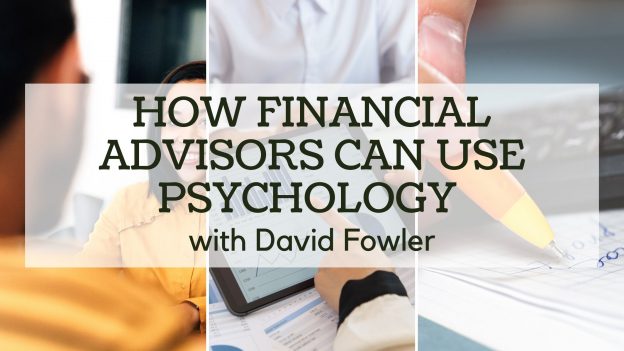Ever wonder why two people can make the same amount of money, but have very different financial situations? It might be due to their financial personalities and how psychology is influencing the decisions they make.
Let’s say Josh and Jake make the same amount of money and are given the same retirement plan by their financial advisor. Josh is able to stick to the plan while Jake never seems to have enough money left over at the end of the month to meet the retirement budget.
Josh and Jake clearly have different money management styles, styles which are often determined by their financial personality. But just because Jake is unable to follow the budget doesn’t mean he’s doomed to never retire. If he and his financial advisor fully understood his financial personality, they could make a customized financial plan.
Let’s look at the different financial personalities and how each type can use its advantages and disadvantages to create long lasting wealth.
Where did these personalities come from?
Before we dive into discussing the different personalities, where exactly did they come from? They were developed back as part of the Moneymax quiz.
The Moneymax quiz was formulated as a part of a research study in the 1990s. It’s been retested two times since and had the same results, making it a timeless quiz you can use for years to come. Moneymax measures where you fall on a scale of 1-100 for 13 characteristics. Based on your results for those 13 characteristics, your will be assigned one of nine personality types.

Entrepreneur
Moneymax entrepreneurs tend to think outside the box, consider career achievements a priority, and will take risks to achieve their goals. While some follow the typical image of an entrepreneur and run a large company with many employees or own a small business, others are “intraprenuers”, salaried workers who carve out an entrepreneurial niche within corporations or businesses. Others work a full time job and have a side hustle outside the office.
Hunter
As one of the most educated and ambitious Moneymax personality types, hunters should be set up for financial and professional success. But, this type does have the tendency to doubt themselves and emotionally spend. Hunters have the ability to play the money game, but they need to learn how and to develop the confidence to play on their own.
High Roller
Of the nine Moneymax personality types, the high roller is the biggest risk taker. They desire power, influence, and wealth and aren’t afraid to take big risks. They enjoy the thrill of risky money decisions and spending their money instead of saving it. While their risks can have high reward, their emotional decision-making can sometimes get in the way of their financial success.
Safety Player
Safety players tend to see financial success as a matter of luck or being at the right place, at the right time. They are less likely than other Moneymax types to believe their individual actions control their financial future. Because of this, they tend to make safe financial decisions with minimal risks. Safety players are also more passive in their money management than other types.
Achiever
The achievers are frugal with their money, believe in the value of hard work, and are interested in protecting what they earn. They tend to mistrust others and want to play an active role in their money management. Achievers are tied with Hunters for being the most educated and goal oriented personality type. Unlike hunters, they tend to make more analytical decisions.
Perfectionist
Moneymax Perfectionists tend to be overly critical and are afraid to make mistakes when it comes to money management. They often avoid decisions and put off work until they are sure they can do it just right. This type also tends to be frustrated with their financial situation as it’s never perfect.
Money Master
Moneymax Money Masters tend to be just that–masters of their money and lives. While they are third in income, they are first in assets and are strategic in setting up a good financial future. This group is highly involved in their money management and proud of their achievements.
Producer
The Moneymax Producer is one of the hardest working types and tends to be altruistic. However, their assets and income do not reflect their hard work and they’re often frustrated with their financial reality. By changing their negative view of money, they could change their financial future.
Optimist
The Moneymax Optimist tends to have a positive money mindset. They are proud of the way they handle their finances and have high expectations for future financial success. The optimist can sometimes overspend on things that bring short term pleasure. Despite their spending habits, they are overall confident and proficient in managing their wealth.
Your Type and Next Steps
Curious which type you are? Or maybe you have an idea but are wondering how you can use your money personality to create long lasting wealth. The best way to achieve either of these goals is to discuss your money personality with a financial advisor.
An even better step is to try out the Money Master Method, which allows you to take the moneymax quiz and to consult with a trained financial advisor in Northeast Ohio about your results. Click here to learn more.












